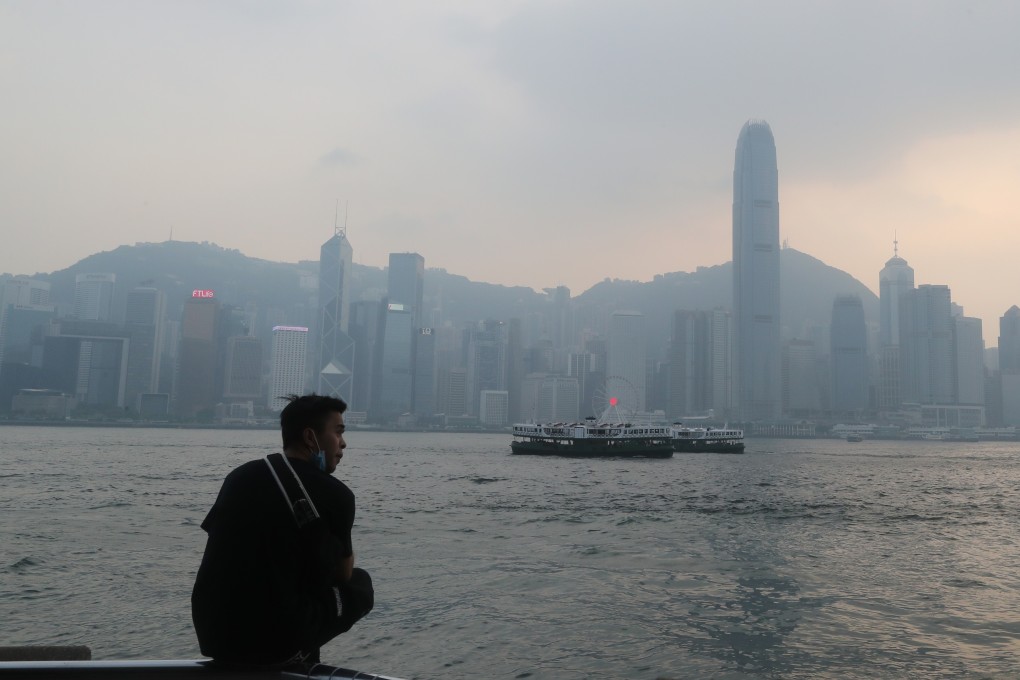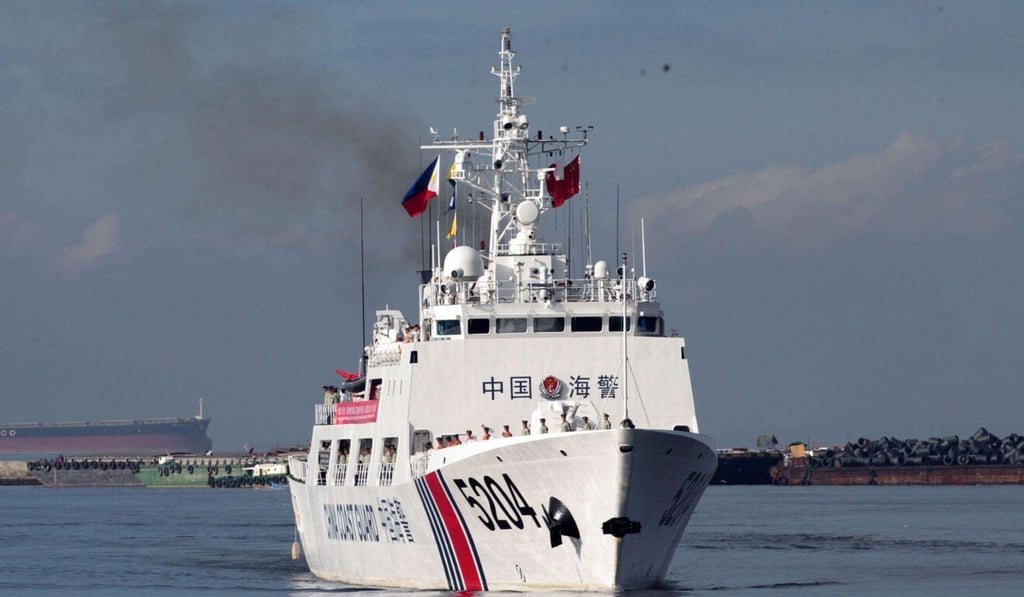Editorial | Respect legal rights of 12 trying to flee Hong Kong
- Cases of those intercepted by mainland coastguard should be handled in accordance with law over the border and practices involving those from the city

Hongkongers being held by authorities over the border on suspicion of breaching mainland law is not unheard of. But the recent capture at sea of 12 locals escaping criminal charges in relation to the newly enacted national security law and the social unrest last year has understandably aroused wider concerns.
While circumstances have made the case more sensitive, the legitimate rights of the accused still remain.
Little is known since the mainland authorities confirmed the arrests on suspicion of unlawfully crossing the border. The activists are currently detained in Shenzhen after their vessel was intercepted by the mainland coastguard outside Hong Kong waters last month en route to Taiwan.
Among them are a 29-year-old arrested under the national security law in July, and criminal suspects involved in the extradition bill protests.

The differences in the two legal systems have always been a concern to those running into trouble on the mainland. Coming after the unrest fuelled by the now-withdrawn extradition bill, under which fugitives could be tried across the border, the case has attracted even more attention.
